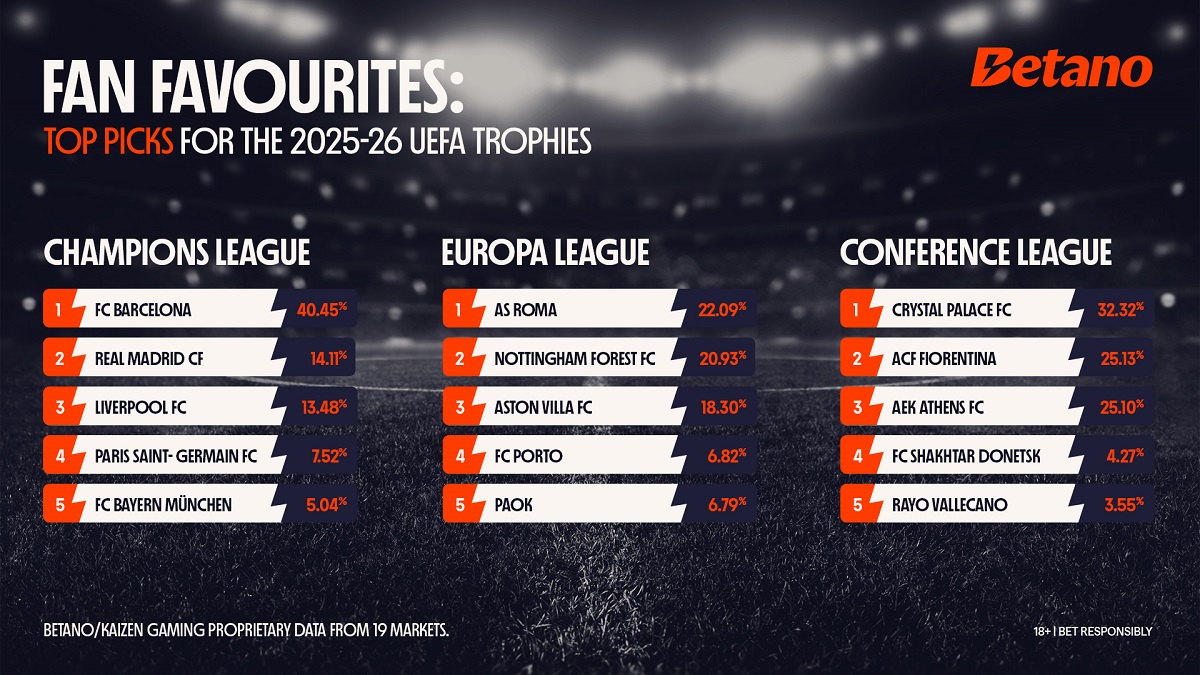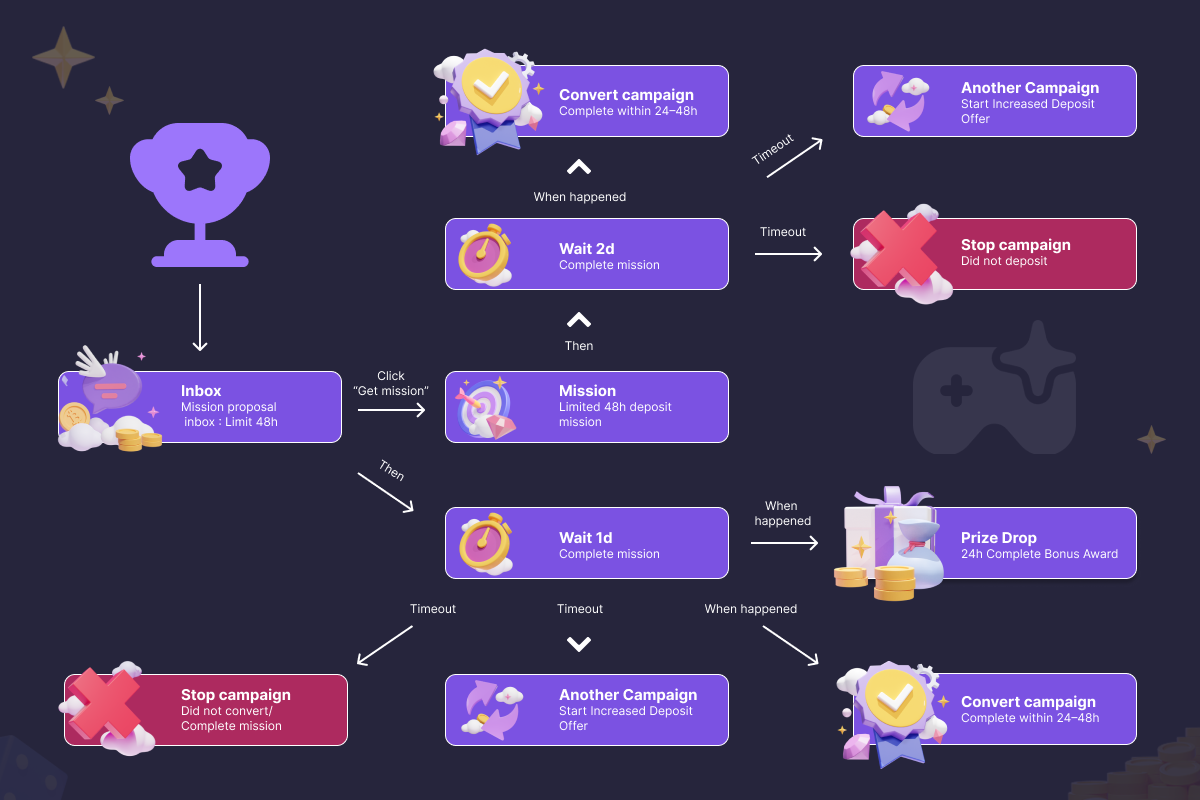Latest News
European Countries that Regulate Online Gambling

As online gambling grows in popularity, many European countries have introduced specific regulations to oversee the industry and protect their citizens. This approach varies widely across the continent, as each nation has its own legal framework, licensing standards, and regulatory bodies. European countries are recognized for creating secure and structured environments where players can engage in online gaming responsibly. Understanding each country’s regulations can provide insight into where the strictest protections and opportunities for safe gameplay exist.
The Importance of Regulation in European Online Gambling
The regulation of online gambling in Europe serves multiple purposes. Not only does it ensure that operators provide fair games and adhere to strict standards, but it also helps to prevent fraud and protect players’ personal and financial information. These measures enhance transparency and credibility, making online casinos in Europe some of the most trusted platforms globally.
Each country’s approach to online gambling regulation is slightly different. While some nations have fully opened their markets to licensed operators, others allow online gambling only through state-operated or heavily regulated entities. Understanding the legal landscape in Europe’s regulated markets can help players make informed choices about where to play based on the specific protections and frameworks each country offers.
Key European Countries Regulating Online Gambling
Several European nations stand out for their well-established regulatory frameworks, ensuring that players can enjoy online gambling with peace of mind. Here’s a closer look at some of the key countries and their approach to regulating online gambling.
- United Kingdom: The UK is widely regarded as having one of the most robust online gambling regulatory systems in Europe. Managed by the UK Gambling Commission (UKGC), the United Kingdom’s framework ensures that all online gambling operators meet strict guidelines around player protection, responsible gaming, and fair play. The UKGC’s high standards mean that online gambling in the UK is safe, with regulations covering everything from advertising to anti-money laundering practices.
- Malta: Malta was one of the first European countries to regulate online gambling, and the Malta Gaming Authority (MGA) has become one of the most respected regulatory bodies worldwide. Malta licenses both local and international operators, offering a rigorous licensing process focused on transparency and player safety. Many online casinos serving players across Europe hold licenses from the MGA, which is known for strict monitoring and regular audits.
- Sweden: Sweden’s Spelinspektionen (Swedish Gambling Authority) oversees online gambling in the country, which has a strict regulatory system. Since 2019, Sweden has required online casinos and gambling operators to obtain a local license to operate legally. Swedish regulations emphasize responsible gambling, requiring operators to implement strict advertising restrictions and tools to help players control their gaming habits, such as deposit and time limits.
- Denmark: Denmark has established a comprehensive regulatory framework for online gambling through its regulatory body, Spillemyndigheden. The Danish Gambling Authority is known for maintaining high standards for transparency, fairness, and player protection. Licensed operators in Denmark must adhere to these standards and provide self-exclusion tools, ensuring that Danish players can access a safe gambling environment.
- Spain: Spain regulates online gambling through its Directorate-General for the Regulation of Gambling (DGOJ). The DGOJ oversees a broad range of gambling activities, from online casinos to sports betting, ensuring that operators provide a secure and fair platform. Spanish regulations focus on responsible gambling, preventing underage access, and promoting transparency in advertising.
- Italy: Italy’s online gambling regulations are managed by the Agenzia delle Dogane e dei Monopoli (ADM), which licenses and monitors operators. Italian regulations are comprehensive, covering everything from player verification to data protection. The ADM has set high standards for online casinos operating in the country, requiring operators to implement robust security measures and responsible gambling tools.
- France: France’s regulatory framework for online gambling is overseen by the Autorité Nationale des Jeux (ANJ). Although French regulations are relatively strict, the country allows online gambling for certain activities, such as sports betting and poker. France emphasizes responsible gaming and has implemented several measures to protect players, including advertising restrictions and spending limits.
Common Features in European Online Gambling Regulations
While each country has its own approach to regulating online gambling, several common features can be observed across Europe. These shared elements contribute to making European gambling markets safer, more transparent, and player-friendly.
Key features of European online gambling regulations include:
- Player protection measures: European regulators often require operators to implement tools for responsible gambling, such as self-exclusion options, spending limits, and time-out features.
- Data security requirements: Online casinos in Europe are required to meet stringent data protection standards, ensuring that players’ personal and financial information remains secure.
- Fair play and transparency: Licensed operators must demonstrate fairness in games, often verified through third-party audits that confirm randomness and fair odds.
- Advertising restrictions: Many European countries impose strict rules on advertising to prevent misleading promotions, particularly targeting vulnerable populations like minors.
- Anti-money laundering (AML) policies: European regulations include comprehensive AML measures, requiring operators to monitor transactions and report any suspicious activity to relevant authorities.
- Local licensing requirements: In countries like Sweden and Denmark, operators must obtain a local license to offer their services legally, ensuring that they adhere to national standards.
Differences in Regulation Across Europe
Although many European countries regulate online gambling, each nation has unique laws and standards. For instance, while the UK and Malta allow a broad range of online gambling activities, countries like Norway and Finland have more restrictive approaches, often limiting online gambling to state-controlled operators. In these cases, players may still access international sites, but these platforms are not always regulated by the local authorities.
Other countries, like the Netherlands, are in the process of refining their online gambling regulations to meet modern demands. The Dutch market recently opened up to licensed online gambling operators, with a focus on player protection and responsible gambling. Such developments show that regulation is an evolving process, with countries continuously updating their laws to address new trends and technologies in the industry.
In countries with more restrictive approaches, players may have fewer options, but the focus on consumer protection remains high. This diversity in regulatory approaches across Europe demonstrates that each country has tailored its laws to reflect its unique societal values and priorities around gambling.
The Future of Online Gambling Regulation in Europe
As online gambling technology advances, it’s expected that more European countries will refine their regulatory frameworks to address the changing landscape. Emerging technologies, like cryptocurrency and blockchain, may influence future regulations, prompting countries to adjust their laws to ensure player protection while embracing innovation.
Regulators across Europe are also paying attention to the social impacts of online gambling. This has led to a stronger emphasis on responsible gambling, with many countries requiring operators to provide resources and tools to help players gamble responsibly. These measures aim to balance the appeal of online gambling with the need to mitigate risks, ensuring that players can enjoy a safe and enjoyable experience.
-

 eSports3 hours ago
eSports3 hours agoTEAM VITALITY AND PARIS SAINT-GERMAIN ESPORTS ANNOUNCE EA FC COLLABORATION
-

 Compliance Updates6 days ago
Compliance Updates6 days agoSOFTSWISS Compliance Expert Shares Knowledge on AML in iGaming for Sumsub Academy
-

 Asia6 days ago
Asia6 days agoTesla to showcase Model Y with NODWIN Gaming at the thrilling BGMS Season 4 Grand Finals
-

 Africa7 days ago
Africa7 days agoRacing1 is exhibiting for the first time at the Grand Prix D’Afrique
-

 Latest News6 days ago
Latest News6 days agoÅland-Based Gaming Company Paf Becomes Main Partner of the Finnish Ski Association – One of the Most Significant Sponsorship Agreements in the Association’s History
-

 Latest News6 days ago
Latest News6 days agoKaizen Gaming data – FC Barcelona the fan favourite to win the Champions League
-

 Latest News6 days ago
Latest News6 days agoAnimo Studios debuts virtual hosts for live table games starting with Stake
-

 Latest News6 days ago
Latest News6 days agoWeek 37/2025 slot games releases

























